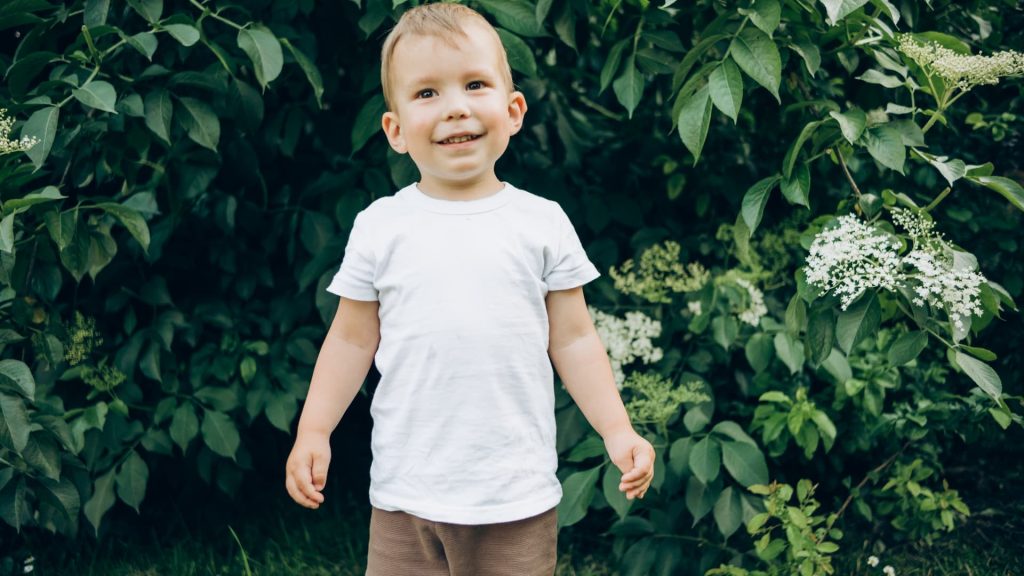Anger is a complicated emotion, and it can be hard to watch your kid try to navigate it. But as a child psychologist with over a decade of clinical experience, I always tell parents that anger is not always a bad thing.
Emotions are simply messengers, and anger is a valuable message. It lets us know that we haven’t been treated well, or that we have been hurt or violated in some way. Think back to the last time you were angry. I’m guessing the response made sense.
But we all need a little help expressing it sometimes. Here are three things I wish more parents would say when their kids feel angry or upset:
1. “I see you feel angry about this right now, and I can understand why.”
Adult brains can recognize that anger is sometimes a minor inconvenience. But to kids, it can feel huge, overwhelming and unfair. So they need to know that we hear and see them.
When they feel that we truly get it and are on their side, they’ll feel more comfortable regulating their emotions.
2. “I care about how you feel and I will help you through this. What can we do right now?”
You want to convey to your kid that you’re a team, and that you are there to help them move through all the big and messy emotions. This also shows that you’re a steady leader who wants to support them.
You also want to offer ways to help them express their anger. Some kids need to move their body, some like to draw, and some need comfort.
Ask them what will make them feel the most safe.
3. “How big is your anger right now?”
This strategy involves externalizing the emotion, and it’s my favorite one to teach parents. Kids, especially deep feelers, often will not want to admit that they are feeling an emotion that is perceived as negative.
However, when they can step outside of themselves and observe the emotion they’re feeling, they will be empowered to take control and work to make the emotion smaller.
Our children cannot learn how to manage their anger unless they see us doing it first. Are we always going to be perfect? No. But if we can show up for them and stay calm in their chaos, we can create a successful blueprint for them to follow into adulthood.
Caitlin Slavens is a child psychologist who specializes in parenting and postpartum. She also teaches the course “Parenting the Highly Sensitive Child.” Follow her on Instagram @mamapsychologists.
Don’t miss:
Want to be smarter and more successful with your money, work & life? Sign up for our new newsletter here
Get CNBC’s free Warren Buffett Guide to Investing, which distills the billionaire’s No. 1 best piece of advice for regular investors, do’s and don’ts, and three key investing principles into a clear and simple guidebook.
Read the full article here
